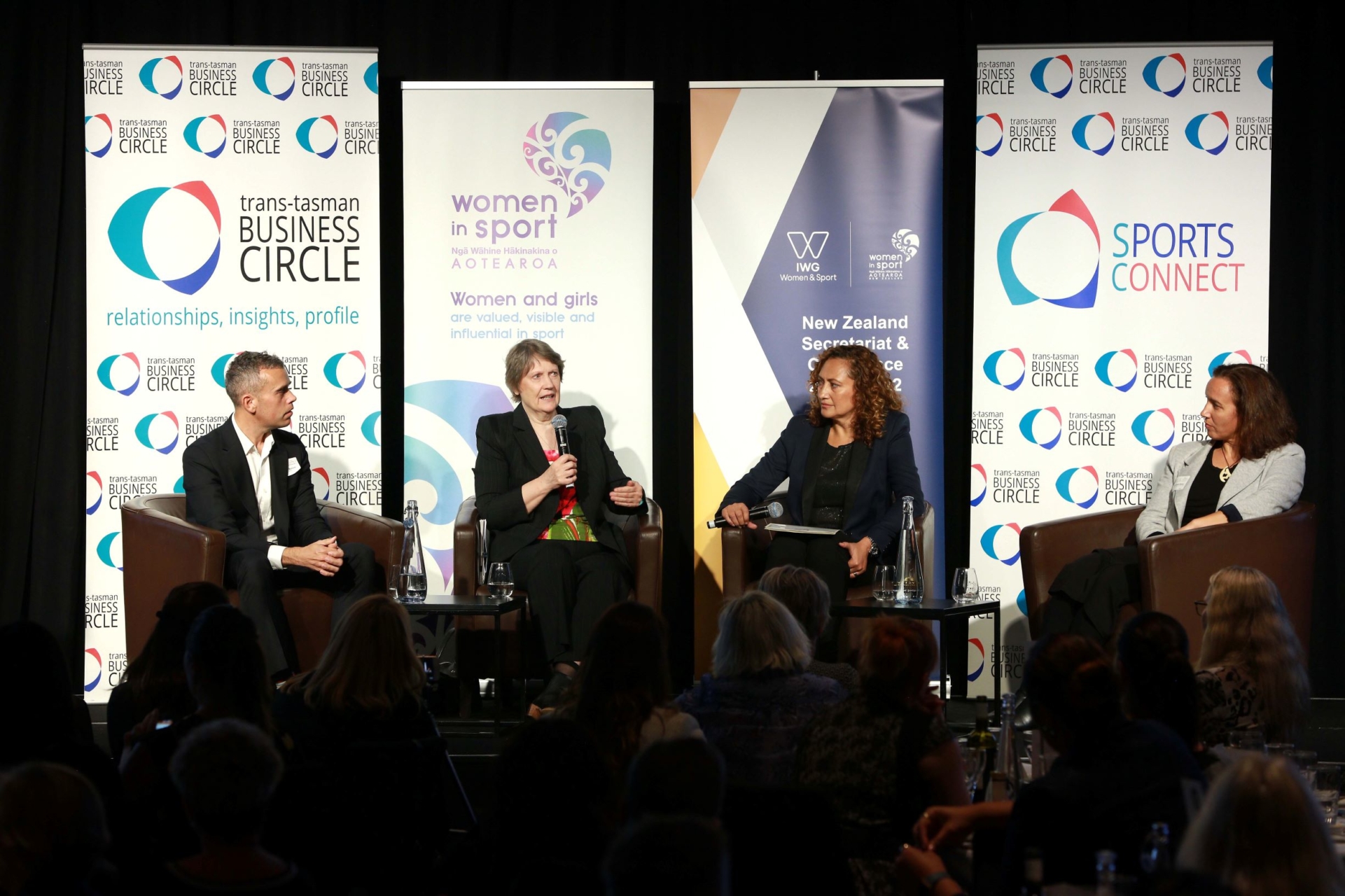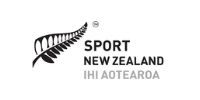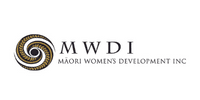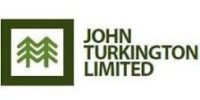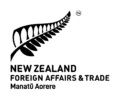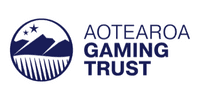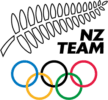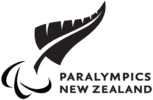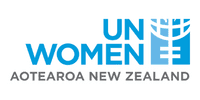There’s still so much distance to cover to level the playing field for women and girls in sport and recreation in New Zealand, says Women in Sport Aotearoa CEO Rachel Froggatt.
This article was first published on LockerRoom, 19 May 2019.
As I pulled up outside my local coffee shop the other day and got out of my car, an older woman approached me. She pointed at my vehicle branding and asked: “Why does that say ‘Women in Sport Aotearoa’? Shouldn’t it say ‘People in Sport Aotearoa’? I think everybody should have the same access to sport.”
In one breath, she had asked, and then perfectly answered, her own question.
Everybody should have the same access to sport. But women and girls in Aotearoa New Zealand do not have equity of opportunity to participate, compete and build careers in sport and recreation. The simple truth is this will not change without proactive help.
The conversation with this inquiring woman then went something along these lines:
Recent research from Sport New Zealand reveals that women only make up 27 percent of directorships in sport and recreation, and hold 40 percent of leadership and management positions. Notable barriers include outdated recruitment practices and unconscious bias.
This research also shows that on average, women and girls are 12 percent less likely to participate in sport and recreation, with the largest barrier being a lack of available, appropriate and safe opportunities in their local communities.
In terms of media, the New Zealand Olympic Committee released research following the 2016 Rio Olympics which showed that only 28 percent of coverage was dedicated to our female athletes.
Around the same time, experts at Cambridge University Press analysed millions of words relating to men and women and how they are described in English language around the Olympics. Words most commonly used in stories about male athletes are: mastermind, battle, fastest, strong and dominate. For stories about female athletes: unmarried, married, ladies, older and pregnant.
And finally, we don’t have much research available to show how equitable the system is for diverse groups, such as disabled people, or for those with a different culture, religion or sexual orientation. Or indeed, what happens when this is combined with being female?
Women in Sport Aotearoa are addressing this reality in several ways. Firstly, by working inside the system to challenge the system.
We’re sourcing, initiating and distributing research to dispel myths and ideas about the value of women and girls in sport and recreation.
Secondly, we’re leading the change by influencing policy and helping sporting organisations understand the economic and social benefit of fostering women in sports leadership roles.
We also act as a voice for the many thousands of women and girls involved in sport and recreation, from participants and competitors through to coaches and volunteers, leaders and directors.
We’re increasing visibility by leading positive conversations around gender equity and we’re challenging poor behaviours, especially around media coverage. In particular, we’re working with some great advocacy organisations who are helping us better understand and tell the stories of diverse groups.
Finally, we are the global delivery agency for the International Working Group (IWG) on Women and Sport Secretariat & Conference 2018-2022. The IWG is the world’s largest network dedicated to achieving gender equity in sport and physical activity.
This means we administer key programmes, including the Brighton plus Helsinki Declaration, which more than 550 global organisations have signed, and we now lead the IWG’s relationships with key agencies, including the United Nations and UNESCO.
It also means helping Aotearoa New Zealand and Oceania become proud global leaders by the time over 1500 experts arrive in Auckland for the eighth IWG World Conference in May 2022.
“There are tried and true ways of ensuring that women are at every level; women are always there. We should never accept the excuse that, ‘Oh, we couldn’t find women to appoint’ – Helen Clark.
By the end of the conversation, this inquiring woman was a convert, and wished Women in Sport Aotearoa well in our continuing work raising awareness of these issues and encouraging positive change within our sporting system, and our society as a whole.
I then got back in the car, caffeinated in preparation for day two of a national forum of sport leaders, and reflected on what a timely question this had been.
On day one of the forum, over 100 people gathered. After circling the room twice, I finally managed to find another female leader. As the day went on, our numbers slowly crept up, and by the time I counted again at afternoon teatime, we had reached around 11 percent. It’s one thing to understand under-representation in leadership on paper, but quite another to see it in action.
Women in Sport Aotearoa recently held the inaugural IWG Captain’s Lunch for sport and business leaders, with the Trans–Tasman Business Circle. The event was a sell-out and is now Aotearoa New Zealand’s largest event honouring the athletes, coaches and leaders working to create equity for women and girls across sport and recreation.
Our new patron, the Rt Hon Helen Clark ONZ, took part in a panel where she said: “There are tried and true ways of ensuring that women are at every level; women are always there. We should never accept the excuse that, ‘Oh, we couldn’t find women to appoint’. They are there.
“In the sports world, there are just stunning women who have come up through the sports stream, and other women in the corporate world who have experience of being directors, who could make a big contribution as well.”
So, why are we advocating for women and girls in sport?
Because my inquiring woman outside the coffee shop was right. Everybody should have the same access to sport.

